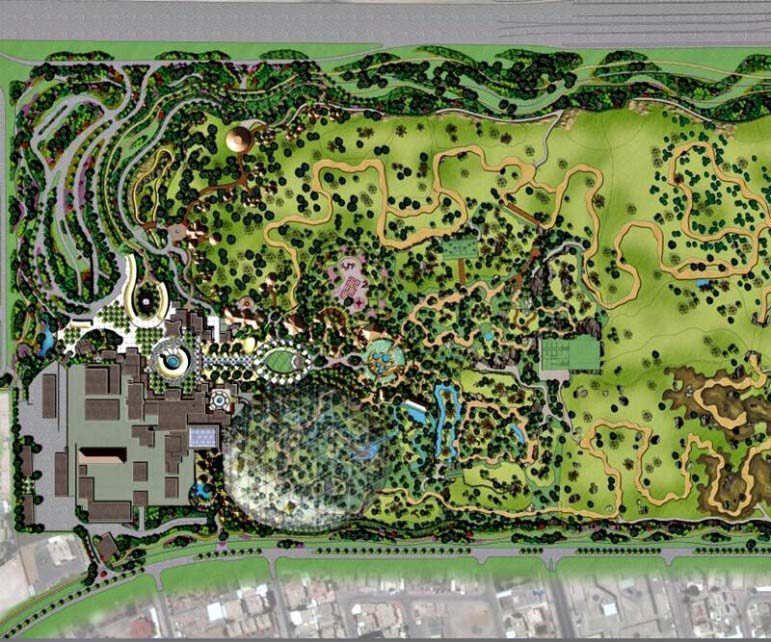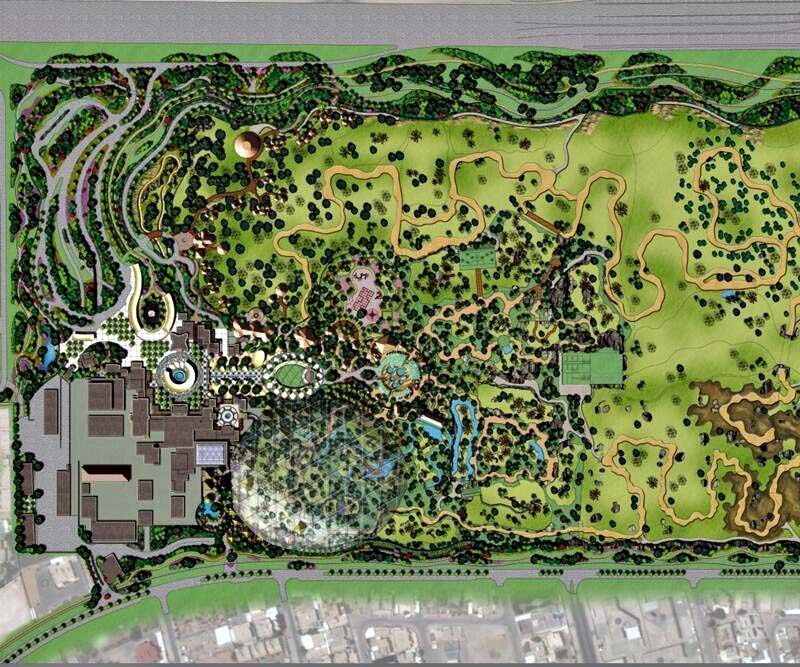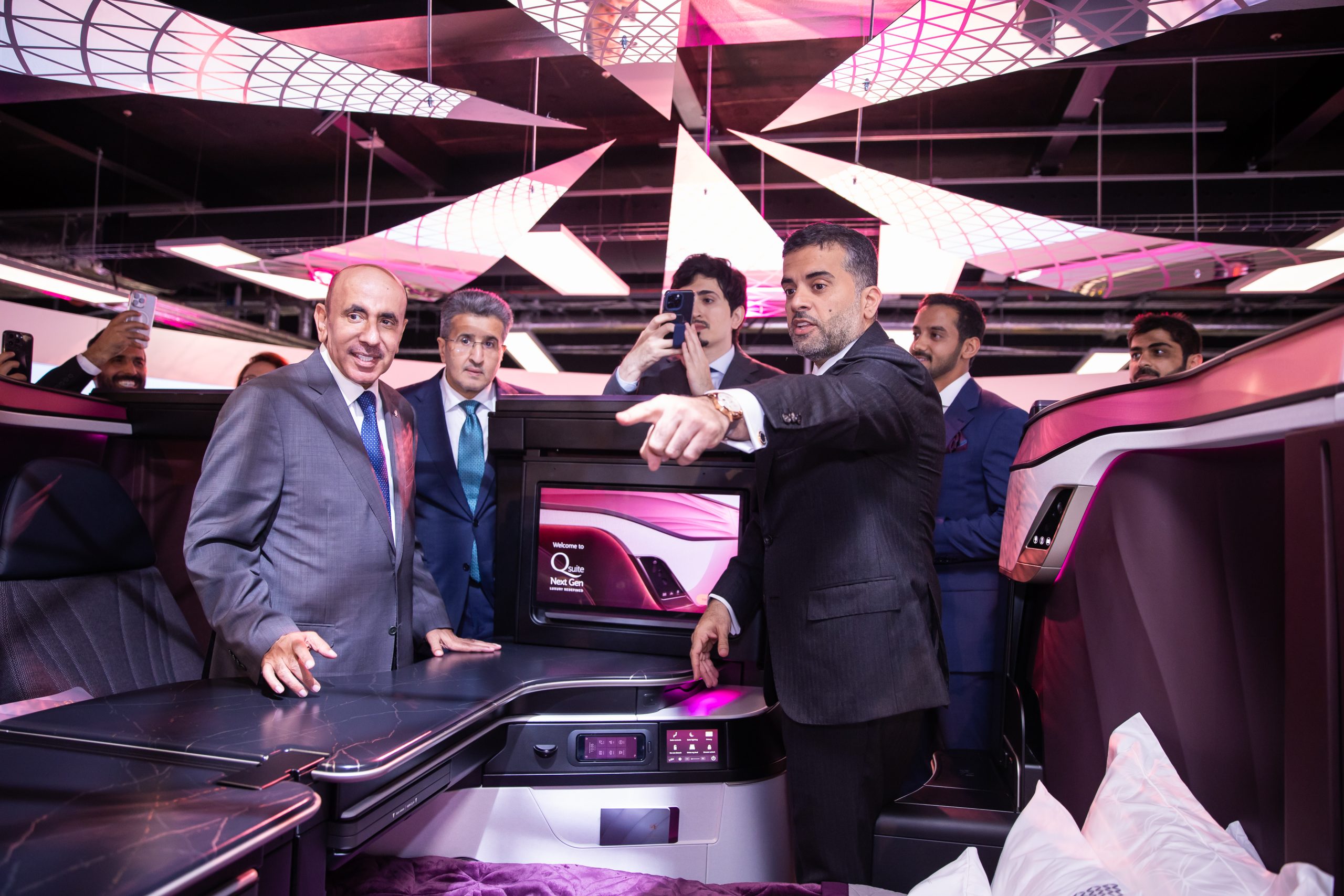
In a step forward for the upcoming new Doha Zoo, Qatar’s public works authority has awarded a QR45 million (US $12.3 million) contract to a local company to demolish the buildings and facilities that are currently on site.
Aswan Trading and Contracting Company will spend the next 14 months preparing the site for the main construction, as well as preserving and maintaining the “trees and natural environment” during excavation works, Construction Week Online reports.
The award comes more than a year after Ashghal first floated tenders for the demolition of the existing zoo, which is located opposite Aspire Park and Villaggio Mall and closed in August 2012.

The first phase of the new zoo development is scheduled to open to visitors in late 2017, and is expected to be more than seven times the size of the previous, 30-year-old facility.
Ashghal has also reportedly finally awarded the tender to design and construct a temporary housing facility for animals in Rawdat Al Faras.
Under that QR73 million ($20 million) contract, Medgulf Construction Company will spend one year building the accomodation, which will include residences for caretakers and a veterinary clinic, Construction Week said.
Previously, the authority said zoo animals were being moved to farms and shelters in the Rawdat Al Faras area as construction on the new Doha Zoo gets underway.
Zoo details
In 2013, Ashghal signed a $63 (QR230) million contract with an architectural and engineering firm to prepare detailed plans for a new zoo.
KEO International Consultants is serving as the project’s design and construction supervision consultant.

It will work with HHCP+PJA, which was hired in December 2012 to prepare the concept master plan that includes some 3,000 animals in themed zones such as “Africa Safari,” and “Asia Woodland.”
Three hotels are also expected to eventually be built on the new zoo site: a “seven-star” treehouse hotel” with only four suites; a 60-room, five-star “rain forest hotel;” and an 100-room, four-star family resort.
Thoughts?







